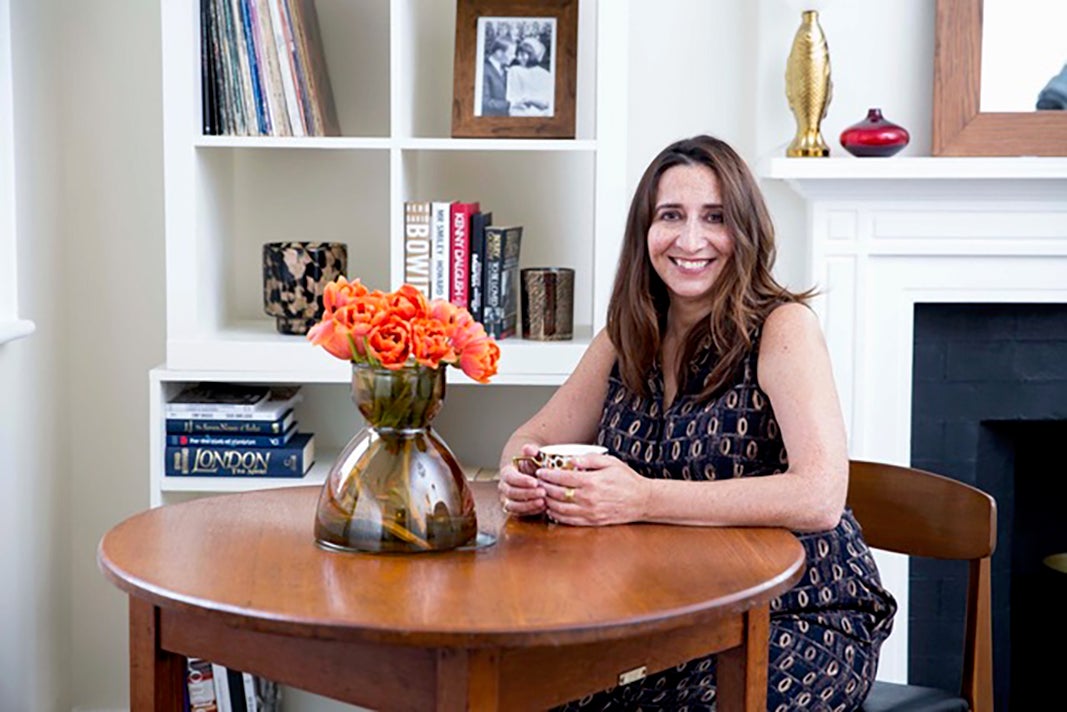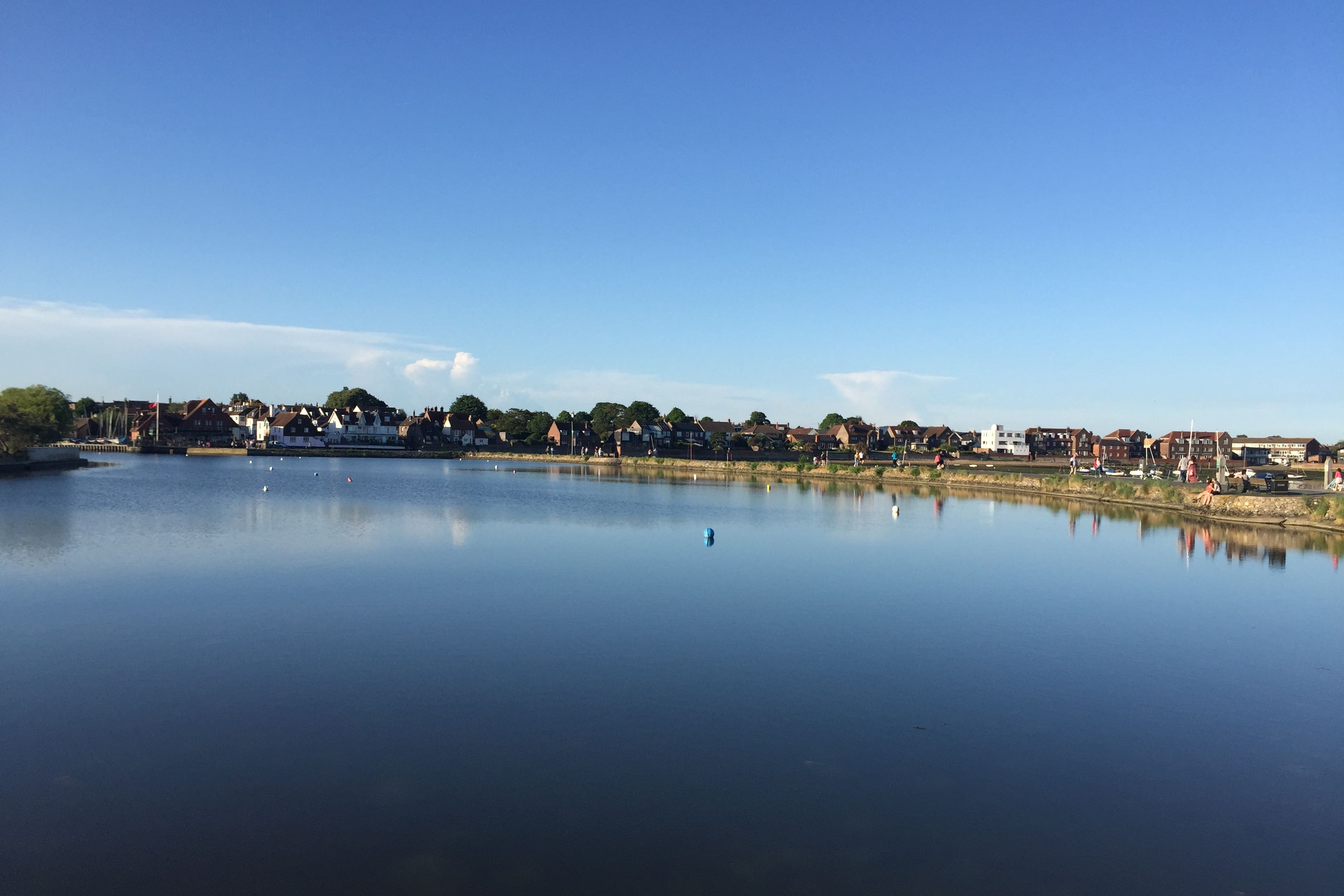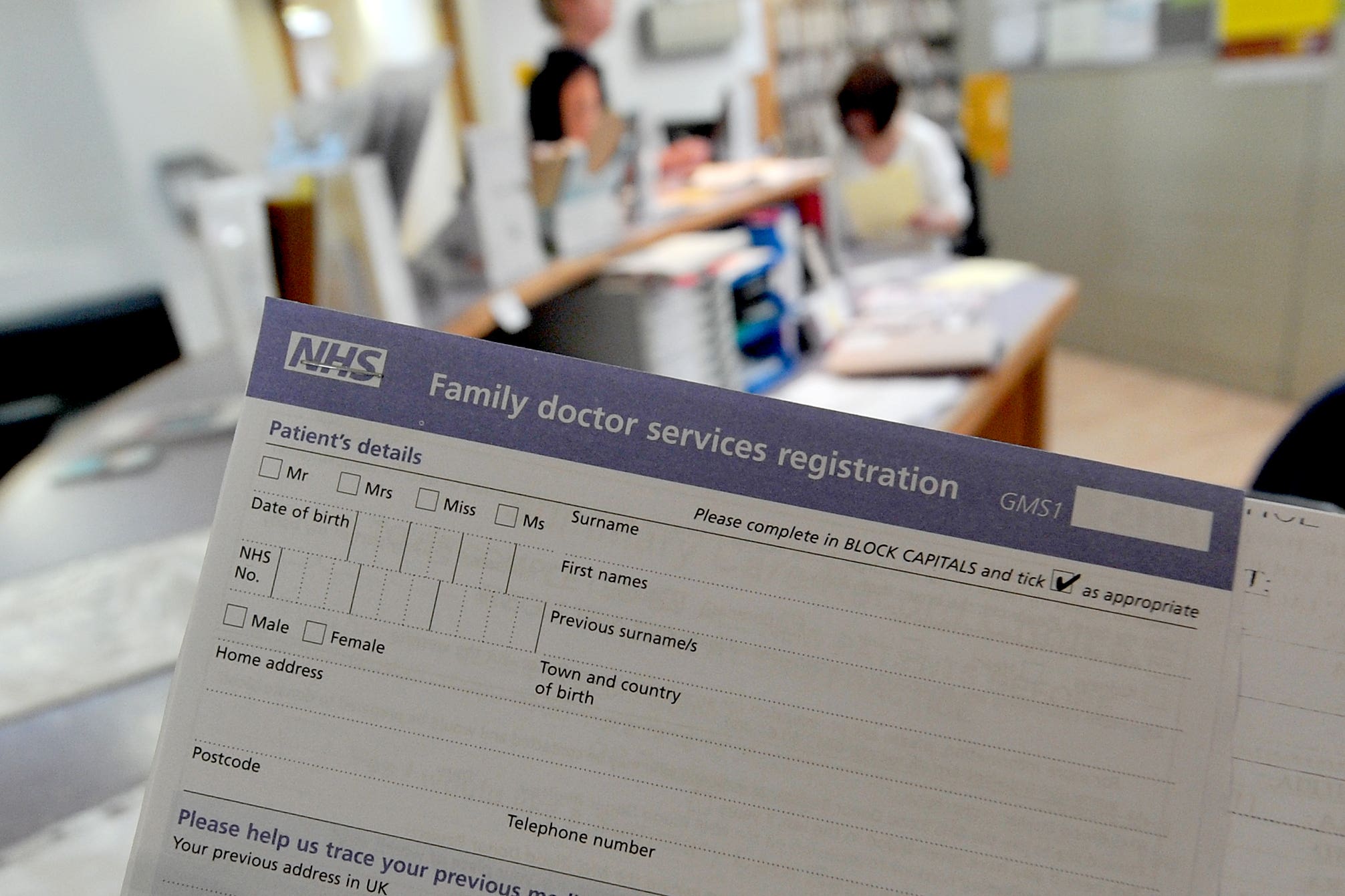It was time to come off anti-depressants – but nothing could have prepared me for what happened next...
It’s peak SAD* season – so maybe it wasn’t the right time for Bibi Lynch to stop taking the ‘happy’ pills she’d been on for eight years, but then is there ever a good time? Here’s how she is feeling a month on…

Today, after being incredibly sharp with a workman, after leaving a voice note telling a friend I really hate my life, after really hating my life and feeling a terrifying panic rise and try to punch out of my chest, I made my best friend FaceTime me. I was overwhelmed by how out of control I felt – and I needed to see and hear her.
As I spoke with Helen, I catastrophised in real time. I raced through the list of spiralling thoughts I’d written down to talk to her about. After “ex-friend”, “homeless again” and “please let him be alive”, I came to the last note on my notes: “Coming off sertraline”.
“Is this it now? Is this me off the drugs?”
“No. This is you coming off the drugs. This is withdrawal. You’re going to be okay.”
God, I hope she’s right – because quitting sertraline feels brutal.
A month ago I took my last ever sertraline tablet. I made a big deal out of the occasion. Placed the little white pill on a little white gold-rimmed plate, poured water into a gold-rimmed wine glass, and played Donny Hathaway’s “Love, Love, Love” as I swallowed it down. Big deal because the day felt momentous; the start of a new chapter. Honestly, if I’d known just how fierce the four weeks after my Donny moment would be, I’d have booked a full orchestra and flyby.
But, first, let’s start at the beginning. My childhood was violent and my young life traumatic. Mum died when I was 22, other loved ones died, the 2008 recession broke me financially, and then Dad died that year, too. I didn’t have a partner and I couldn’t afford to try to have a baby on my own, so my heart started to break. I devastatingly sold my flat (which would now have been worth nearly a million) and became “hidden homeless” (living in spare rooms/on spare sofas) for 10 years.
I was about to move “home” for the 19th time in 24 months when, finally, all that pain, all that insecurity, all on my own, became too much. So, eight years ago, I went to my GP and asked for help and was prescribed anti-depressants. Did the drugs help? Yes. No. Maybe. Nothing really changed – or maybe things did, but I didn’t notice. I’ve certainly noticed not taking them – but if you have ever seen Panorama’s shocking “The Antidepressant Story” about the efficacy of Selective Serotonin Reuptake Inhibitors antidepressants – SSRIs – and how hard it is to quit them, you’ll know that.

I decided to stop taking sertraline because I realised that I hadn’t been depressed. (disclaimer: this is where I stress my story is not your story – and you may need antidepressants and antidepressants may work for you.) You’ll be unsurprised to read I’ve had lots of therapy – and a few months ago I finished participating in the Connection Works Project in Brighton and Hove in East Sussex: a year-long programme designed specifically for people who have experienced emotional trauma and/or complex post-traumatic stress disorder (PTSD).
Their mission statement was – “was” because they are now sinfully without funding – “Inspiring healing through connection to self, others and our natural world.” This was achieved through education sessions, yoga, reflexology, foraging, trauma release exercises, equine therapy etc.
I loved it and, more importantly, it was extraordinarily powerful – not only shifting stuff for me, but giving me the tools to be in the present and, as they say, to “enable you to feel less controlled by your past so that you can learn to live your life to your highest potential”. Let me stress: I am not that person who tells you to go for a walk to lift your depression. I know how insulting and reductive that is. If you are depressed, please seek help.
At the end of the course, during my exit interview with Dr Susanna Petche, GP and educator on the programme who specialises in mental health and psychological trauma, my truth slapped my forehead: “My stuff is from trauma, not depression.” Wow.
That realisation – plus the urge to be outside more, to be with people more, to be “in life” more – and the optimism I felt, something I’d rarely experienced during my eight years on antidepressants, made me want to give life a shot. Without sertraline. “You’ll never go back to where you were – it will never be as bad – because you have the tools now,” Susanna said. That one sentence gave me the courage to quit.
I knew it wouldn’t be easy. I tried before during the pandemic. I didn’t taper off the dosages slowly enough and, unforgivably, in the midst of a severe panic attack, scared my friend Gemma by telling her exactly how bad things were. I told her I wanted to harm myself. Luckily for me, my friends are wonderful and listen to me carefully and with care – unlike the GP who when I told her about my suicidal ideation matter of factly told me if that were true, I’d need to be seen as an in-patient. Yes, sectioning me would seem to be the answer. (FYI: I didn’t want to hurt or kill myself. This is how coming off these drugs can make you feel.)

This time I had a different GP and a different plan. We tapered like this… Normal 75mg daily. Then 75/50/75/50 for two weeks. Then 50mg per day for two weeks. Then 50/25/50/25 for two weeks. And so on… Until we hit 25/0/25/0 and then nada. It took ages. I also tried to utilise my Connection Works knowledge – including getting my morning blue light fix to help regulate my mood and – to find my natural “get happy” serotonin. I also, as the programme suggested, got sassy with any trauma-informed intrusive thoughts: thanking them for coming to me but assuring them I didn’t need their “help” anymore. (I called them “Truman” and “Trudie.” I know.)
One in seven people in the UK are on antidepressants, 23 per cent of women take them, the number of antidepressant prescriptions has doubled in a decade and, in 2021, 101.9 million antidepressant prescriptions were issued. If any of those people have tried to come off the drugs, they’ll recognise my experience. Pins and needles, body aches, hot flushes, shooting “electric” headaches and off-the-scale levels of anger and irritation.
A month after stopping, my symptoms are less physical and more emotional. I can’t find words, my OCD is almost debilitating (a haircut cost me an afternoon in showers/clothes-washing/bathroom-cleaning because I didn’t want hair in my bed) and my overthinking is a hoot (shoutout to my friend Emma who is receiving an average of seven daily “Do you think they meant this?!” voice notes from me).
My dreams are bonkers, unresolved deep and caustic grief is back. But…creatively I am on fire. I’m devising radio shows and podcasts and I’ve finally thought of my book idea. I’m nesting and making my flat look beautiful. Music and arts are bringing me visceral joy. Food is tasting better; my skin is glowing and my hair is glossy. And my libido is back; when I thought it had gone for a nice long cuddle. For ages the only time I felt anything physically was when I coughed and sneezed at the same time.
My main withdrawal symptom, however, is that I’m close to tears all the time. But I’m okay with that. That’s the trauma. And if I don’t experience it and don’t grieve it, I won’t heal and move on. My emotions are clean again; pure and purging.
I really feel I’m really feeling again. The good and the bad. And while sometimes that feels desperately painful, it also makes me feel alive. Antidepressants are lifesavers for many, but they were life-numbing for me. Living and partly living. TS Eliot knew.
If you’re quitting, too, please remember: “This is you coming off the drugs. This is withdrawal.” Then please wish me and my poor friends luck. I’ve made it a month now. Let’s see if I can make the year. One day at a time.
For updates on the latest Connection Works status, contact drsusannapetche@gmail.com
*SAD - seasonal affective disorder






Join our commenting forum
Join thought-provoking conversations, follow other Independent readers and see their replies
Comments